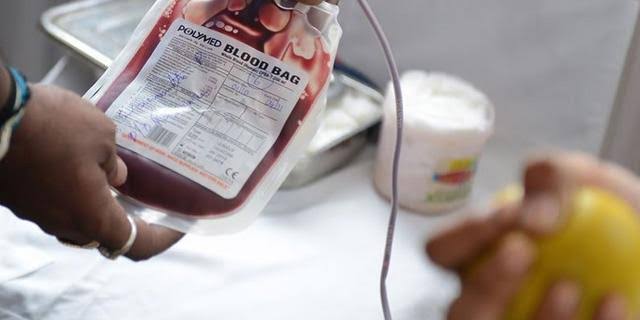The National Blood Service Commission (NBSC) has revealed that 500 blood units were compromised due to disconnection by the Abuja Electricity Distribution Company (AEDC).
This latest development was disclosed in a statement issued by Mr Haruna Abdullahi, Head, Media and Publicity of the commission.
“No fewer than 500 units of blood collected from voluntary blood donors have been compromised following disruption of power supply to our headquarters.
“The power outage also presents a major deterrent to voluntary blood donors due to the risks to their security and safety as donors.
“In the coming days, the shortage of safe blood to patients in need of it will hit Nigerians as a result of the ill-conceived action of the AEDC, and that unless the issue is addressed,” the commission said.
The commission in the statement explained how important electricity supply is to the commission especially in the area of guaranteeing blood safety before usage.
“The AEDC’s decision to cut off the commission’s electricity supply on Jan. 21 after we made some outstanding payments in December 2021 leaves the commission surprised .
“This is more shocking given that the commission has just paid its outstanding bills.
“Available correspondence from the AEDC to the commission shows a bill submitted to the commission on Jan 5, 2022 asserting the due date of payment as Jan. 17.
“The company’s decision to cut off electricity supply leaves a stint of incredulity and total disregard for civility especially in a sector as sensitive as the blood commission.
“Why was the power supply cut-off even when there was no history of defaulting disposition on the part of NBSC?
“Doesn’t the mandatory 90 days’ notice of disconnection as provide for by the Nigerian Electricity regulatory body exist? The company’s lack of thoroughness in reconciling available data at its disposal.
“The incongruity between presented bills and the irregularity of power supply to the NBSC headquarters lies largely responsible for this avoidable crisis,” he stressed.
The commission also alleged that the AEDC refused to issue the requested prepaid meter after over two years of continuous request which would have enabled the commission to prudently monitor and control its electricity consumption.
The commission also frowned at the sudden increase of its bill from N350, 000 to N700, 000 within one year, even with the same equipment and consumption.
It added that a prepaid meter would enable the commission recompanygulate her consumption than the prefered, unscientific and hard to measure estimated billing system of the AEDC.
